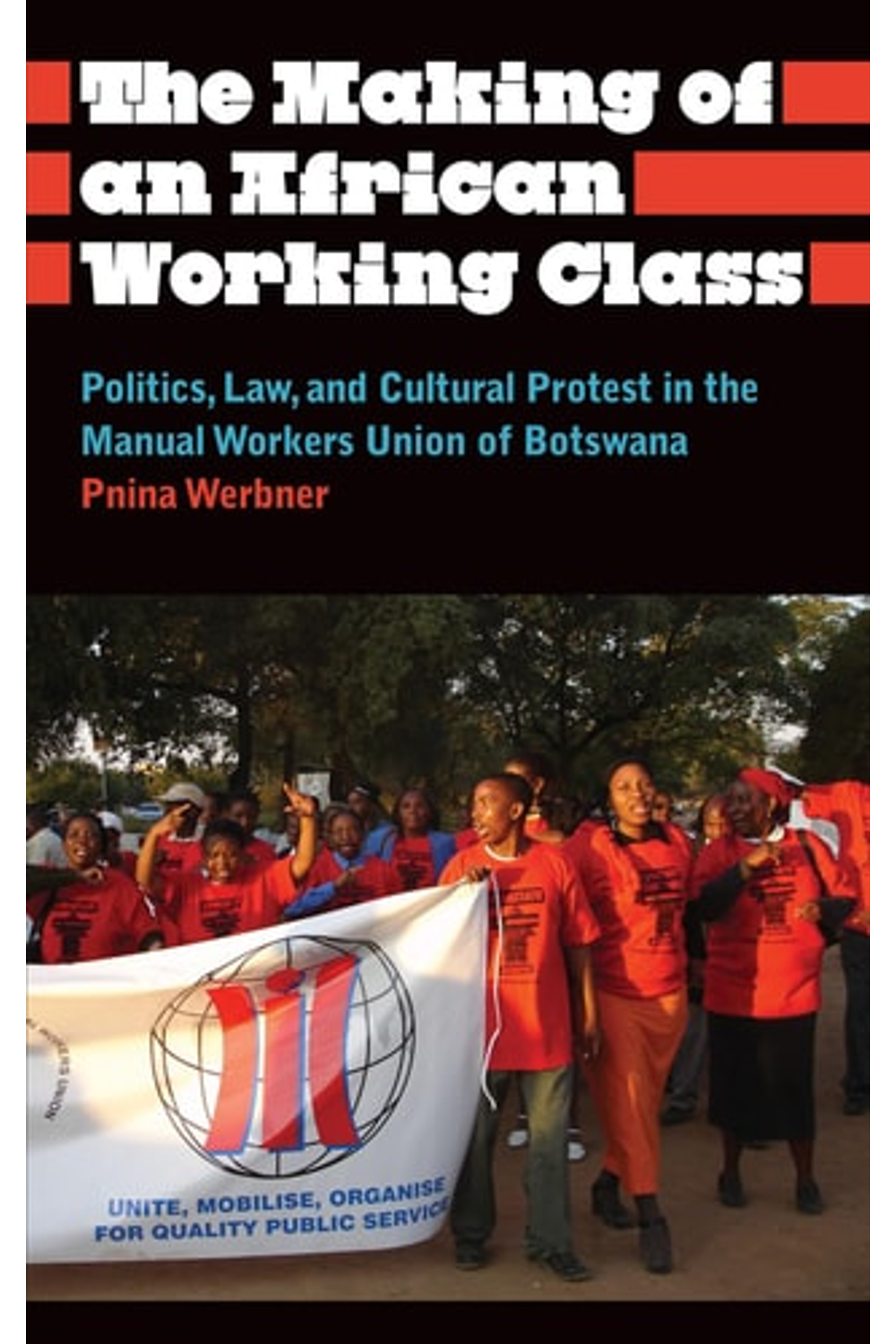Discover the vibrant story of working-class identity in Botswana with Pnina Werbner’s “The Making of an African Working Class.” Inspired by E.P. Thompson’s classic, this book explores how low-paid manual workers have forged a unique sense of collective identity through cultural protest, legal challenges, and ethical demands for social justice. Werbner reveals how unionists blend cosmopolitan labor rights with local traditions, creating a powerful “vernacular” worker identity that bridges rural roots and global awareness. Published by Pluto Press, this insightful study sheds light on the fusion of law, ethics, and cultural expression in African labor movements, offering a fresh perspective on the fight for worker dignity and social change. A must-read for scholars and anyone interested in labor studies, African politics, and the power of collective action.
The Making of an African Working Class: Politics, Law, and Cultural Protest in the Manual Workers’ Union of Botswana (Anthropology, Culture and Society)
23,01 $
In stock
It is now 50 years since E.P. Thompson published his classic, The Making of the English Working Class.The Making of an African Working Class follows Thompson in exploring the formation of working class identity among low-paid African workers. In arguing for a radical public anthropology of worker identity, the book seeks to analyse the cultural, legal, ideological and experiential dimensions of labour activism often neglected in other labour studies.
Pnina Werbner shows that by fusing cosmopolitan and local popular cultural forms of protest, unionists have created a distinctive, vernacular way of being a worker in Botswana: one that does not deny workers roots at home or in the countryside, while being cognisant of a wider world of cosmopolitan labour rights. The assertion of working class dignity, honour and respect, Pnina argues, is a powerful motivating force for manual workers.
Against legal-sceptical approaches, The Making of an African Working Class argues that in challenging the government – their employer – in court, manual workers protests and mobilisation are deeply embedded in ethics, social justice and the law.
| Authors | |
|---|---|
| Binding | |
| Condition | |
| ISBN-10 | 0745334954 |
| ISBN-13 | 9780745334950 |
| Language | |
| Pages | 320 |
| Publisher | |
| Year published | |
| Weight | 455 |
Related products
Poisonwood Bible
22,64 $
- Additional information
- Currencies
- USD – United States dollar
- EUR – Euro
- GBP – Pound sterling
- CNY – Chinese yuan
- BRL – Brazilian real
- MXN – Mexican peso
- JPY – Japanese yen
- PHP – Philippine peso
- THB – Thai baht
- PLN – Polish złoty
- CAD – Canadian dollar
- MYR – Malaysian ringgit
- AUD – Australian dollar
- TWD – New Taiwan dollar
- CZK – Czech koruna
- SEK – Swedish krona
- HUF – Hungarian forint
- ILS – Israeli new shekel
- CHF – Swiss franc
- HKD – Hong Kong dollar
- DKK – Danish krone
- SGD – Singapore dollar
- NOK – Norwegian krone
- NZD – New Zealand dollar





